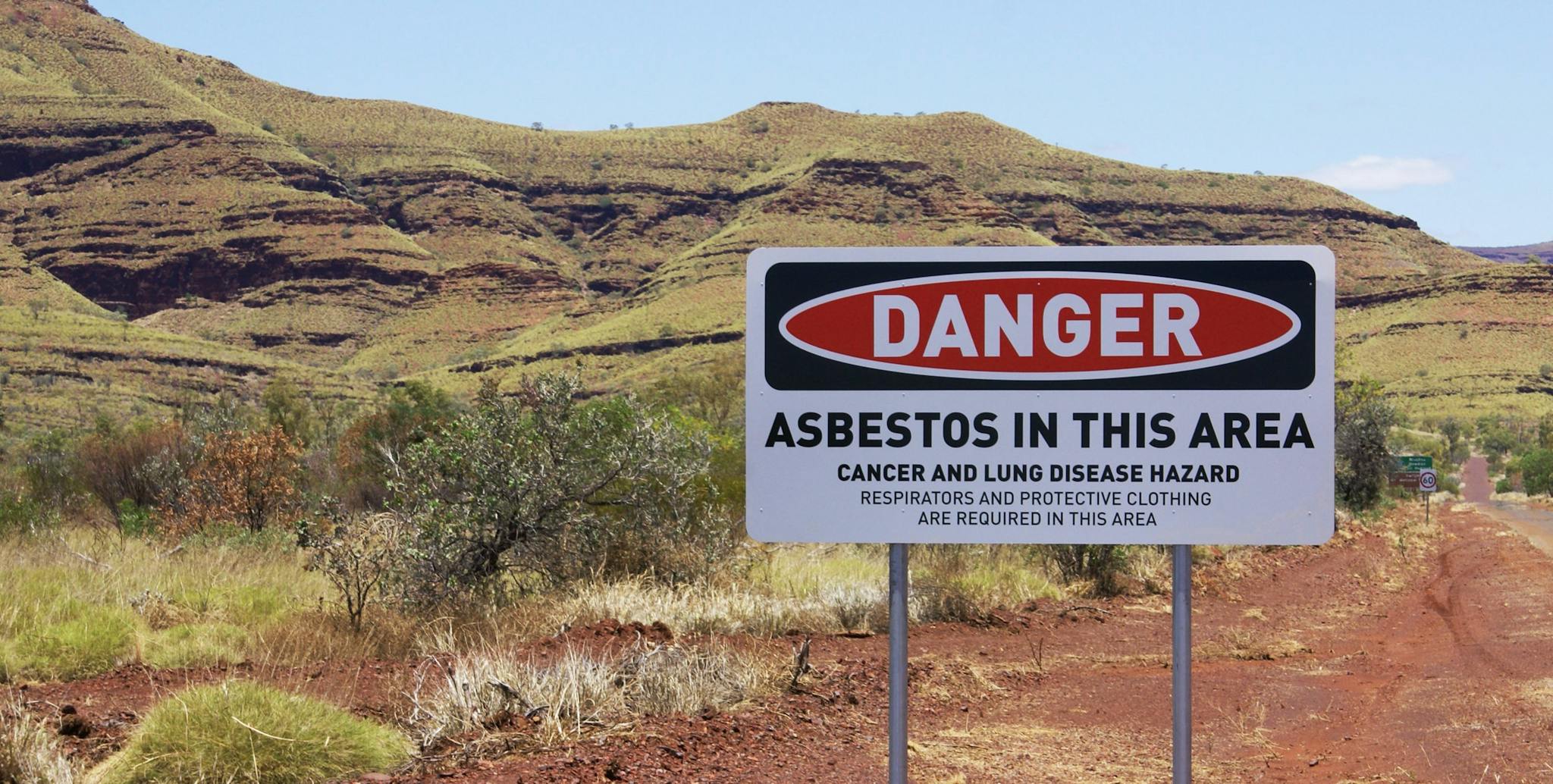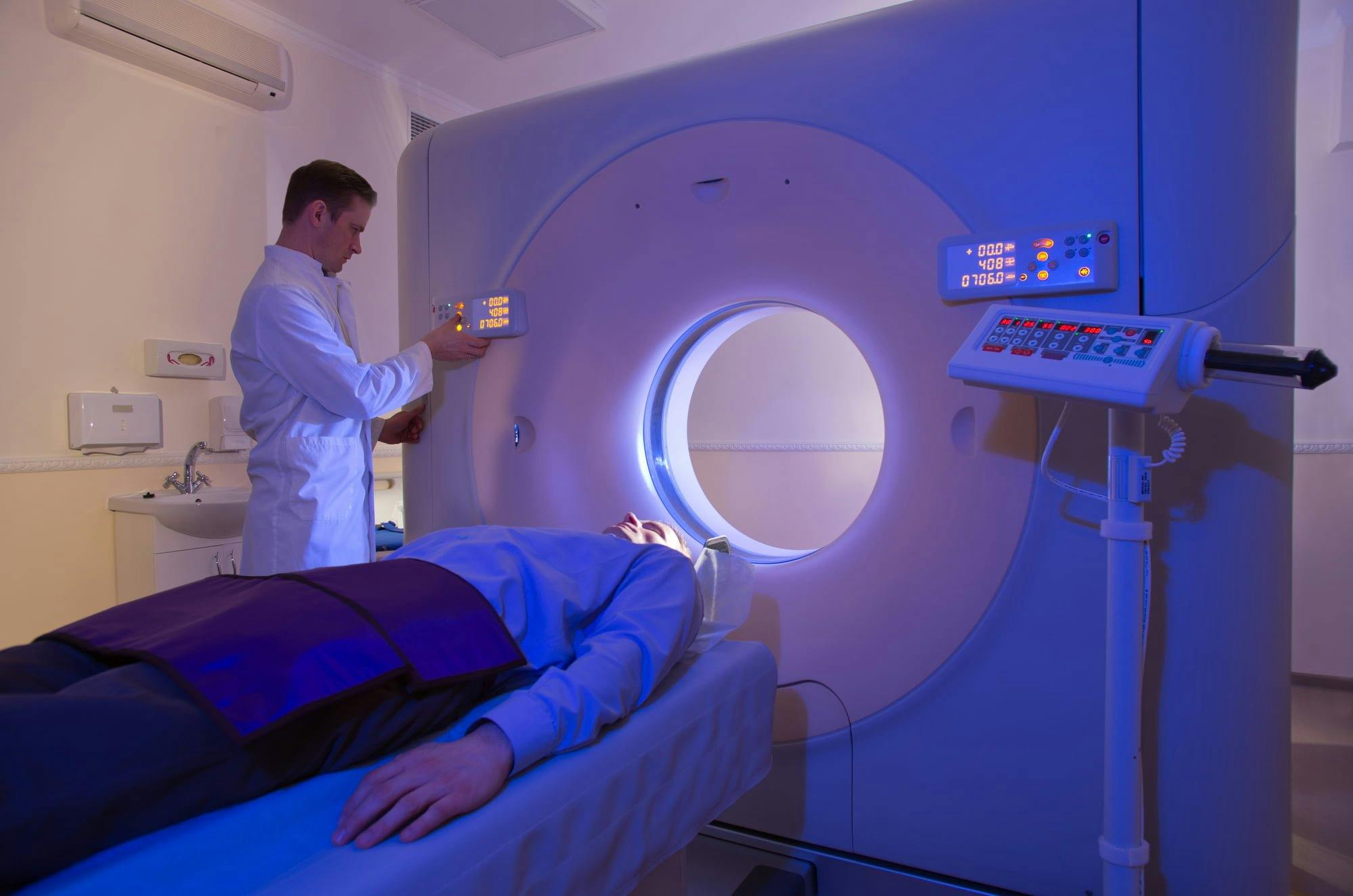
2023-03-27T14:47:45
Why you shouldn’t skip your next colon cancer screening
- Cancer Center
- Gastroenterology
February 10, 2017 | Cancer Center

February is Cancer Prevention Month, a time dedicated to raising awareness for preventable cancers. One such preventable cancer is mesothelioma. Due to its rarity today, most people have never heard of mesothelioma. That lack of awareness means people do not know how to recognize it and, even more importantly, how to prevent it.
Every year, about 3,000 people in the U.S. are diagnosed with mesothelioma. It is sometimes referred to as asbestos cancer because its only known cause is exposure to the mineral asbestos. Asbestos is a natural mineral mined by the world for its heat, resistance and durability. It can be found in industrial settings, shipyards, auto repair shops, old houses, schools and public buildings.
While the cancer is rare, with only 3,000 diagnoses, the World Health Organization estimates that each year, at least 125 million people are exposed to asbestos in the workplace. Exposure occurs when the asbestos is disturbed, causing possible inhalation or swallowing of invisible fibers. These fibers most commonly stick to the lining of the lungs but may stick to the abdomen or heart as well. About 85% of mesothelioma occurs in the lungs, known as pleural mesothelioma.
Once the fibers stick to an organ, it can be decades before any symptoms show up. Our body cannot break down the fibers and dispose of them because of how durable asbestos it. Additionally, the disease can have a latency period of 10 to 50 years, making it difficult to diagnose.
In addition to a long latency period, the first symptoms can make mesothelioma very difficult to diagnose. Non-specific symptoms make mesothelioma easy to mistake for other ailments, such as the flu, and each type of mesothelioma has slightly varied symptoms.
Pleural mesothelioma symptoms include:
Other types of mesothelioma may cause:
All of these symptoms can be misdiagnosed, which further delays treatment. Prognosis is typically very poor, being anywhere from 6 to 21 months. If you believe you have been exposed to asbestos and are experiencing any of the symptoms, it is important to have an open dialogue with your doctor. This can help to get an early diagnosis, which will improve your prognosis.
Your doctor will be able to diagnose mesothelioma through:
So, even though mesothelioma is a rare cancer, it is one we should keep in consideration. Asbestos is not banned in the United States, or worldwide, leaving millions at risk every year. Fortunately, there is hope to prevent this cancer and advancements in treatment methods.
“Mesothelioma.” Mesothelioma and Asbestos Awareness Center. https://www.maacenter.org/mesothelioma/
“Asbestos Exposure and Cancer Risk.” National Cancer Institute. https://www.cancer.gov/about-cancer/causes-prevention/risk/substances/asbestos/asbestos-fact-sheet
“Asbestos.” World Health Organization. http://www.who.int/ipcs/assessment/public_health/asbestos/en/
WRITTEN BY:
Revere Health


2023-03-27T14:47:45

2021-11-29T16:31:04

2021-10-27T16:18:53

2018-10-10T13:42:47
This information is not intended to replace the advice of a medical professional. You should always consult your doctor before making decisions about your health.